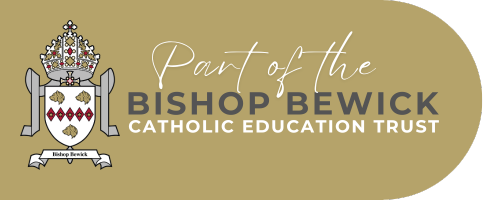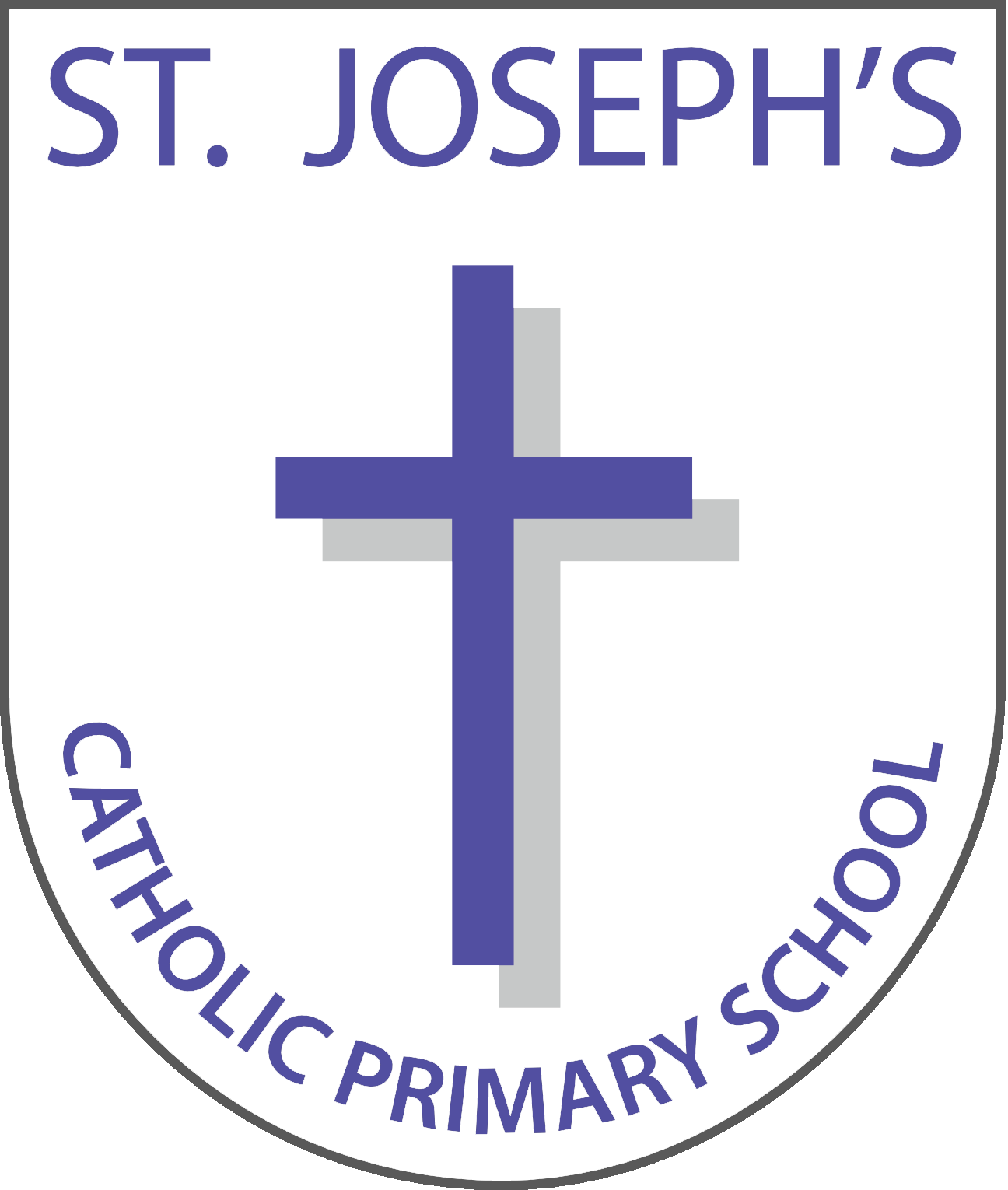
CATHOLIC LIFE
DIOCESAN INSPECTION REPORT 2020
St Joseph's Catholic Primary School is a good Catholic school because:
It is a highly inclusive school which embraces the diversity of the local community. Pupils feel welcomed and cared for. They are very respectful of themselves and others.
The quality of Catholic Life of the school is outstanding. Leaders are a visible presence within school, leading by example and ensuring that the mission of the school, based on the Gospel values of love, trust and respect, is lived out fully by all.
The quality of Religious Education is good. Through creative lessons and increasingly accurate assessment, teachers ensure that those pupils who come into school with low starting points are making good progress.
The quality of Collective Worship is good. Pupils respond enthusiastically to the various forms of Collective Worship on offer in school. There is a consistent approach to liturgy and the pupils are encouraged to take an active part in planning, preparing and leading such events.
MISSION STATEMENT
At St. Joseph’s we aim to:
Promote a learning community based on the Gospel values of love, trust and respect where the achievements of everyone are recognised and celebrated.
RELIGIOUS EDUCATION
At St Joseph’s we follow the aims of Religious Education as stated in the RE Curriculum Directory which are:
-
To present engagingly a comprehensive content which is the basis of knowledge and understanding of the Catholic faith;
-
To enable pupils continually to deepen their religious and theological understanding and be able to communicate this effectively;
-
To present an authentic vision of the Church’s moral and social teaching so that pupils can make a critique of the underlying trends in contemporary culture and society;
-
To raise pupils’ awareness of the faith and traditions of other religious communities in order to respect and understand them;
-
To develop the critical faculties of pupils so that they can relate their Catholic faith to daily life;
-
To stimulate pupils’ imagination and provoke a desire for personal meaning as revealed in the truth of the Catholic faith;
-
To enable pupils to relate the knowledge gained through Religious Education to their understanding of other subjects in the curriculum;
-
To bring clarity to the relationship between faith and life, and between faith and culture
Our Beliefs
Since this is a Catholic school the precepts of the Catholic Faith form an integral part of the school. We believe that the children learn best from example and therefore we strive to live out the Gospel values with Christian principles and ideals permeating the whole curriculum.
MINI VINNIES
Mini Vinnies follow in the footsteps of Christ and St Vincent de Paul.
The Mini Vinnies are the youngest members of the St Vincent de Paul Society (SVP), an international Christian voluntary organisation dedicated to tackling poverty in all its forms by providing practical assistance to people in need.
Mini Vinnies turn concern into action. Their mission is to see, think, do.
We are very excited and proud that St Joseph’s is now a Mini Vinnies School.
First whole school assembly took place which explained the work and mission of the Mini Vinnies.
Year 5’s were then chosen to be the voice and the school representatives to drive the school forward with their mission.
A special Liturgical Prayer was shared with the Year 5’s in which they were officially initiated.
The children are very excited for their journey and to be part of the Mini Vinnies community where they can make a difference to what they see around them.

CATHOLIC SOCIAL TEACHING
The pupils at St Joseph’s were introduced to Catholic Social Teaching through a CAFOD workshop, which took part from EYFS to Year 6.
The workshops introduce pupils to Catholic Social Teaching and helped them to understand how the principles underpins the Catholic life and mission of St Josephs.
EYFS and KS met a variety of animal characters that will helped them learn in a fun and engaging way about the different principles, and how to put them into action. Years 5 and 6 will looked at principles in greater depth and explored how they can be applied in a variety of contexts.
The Key Principles are:



